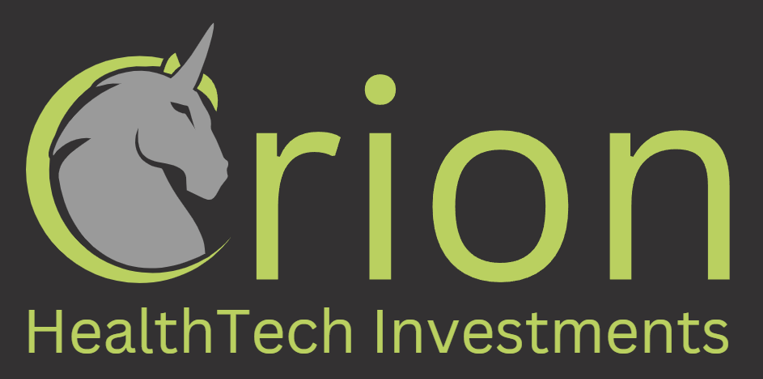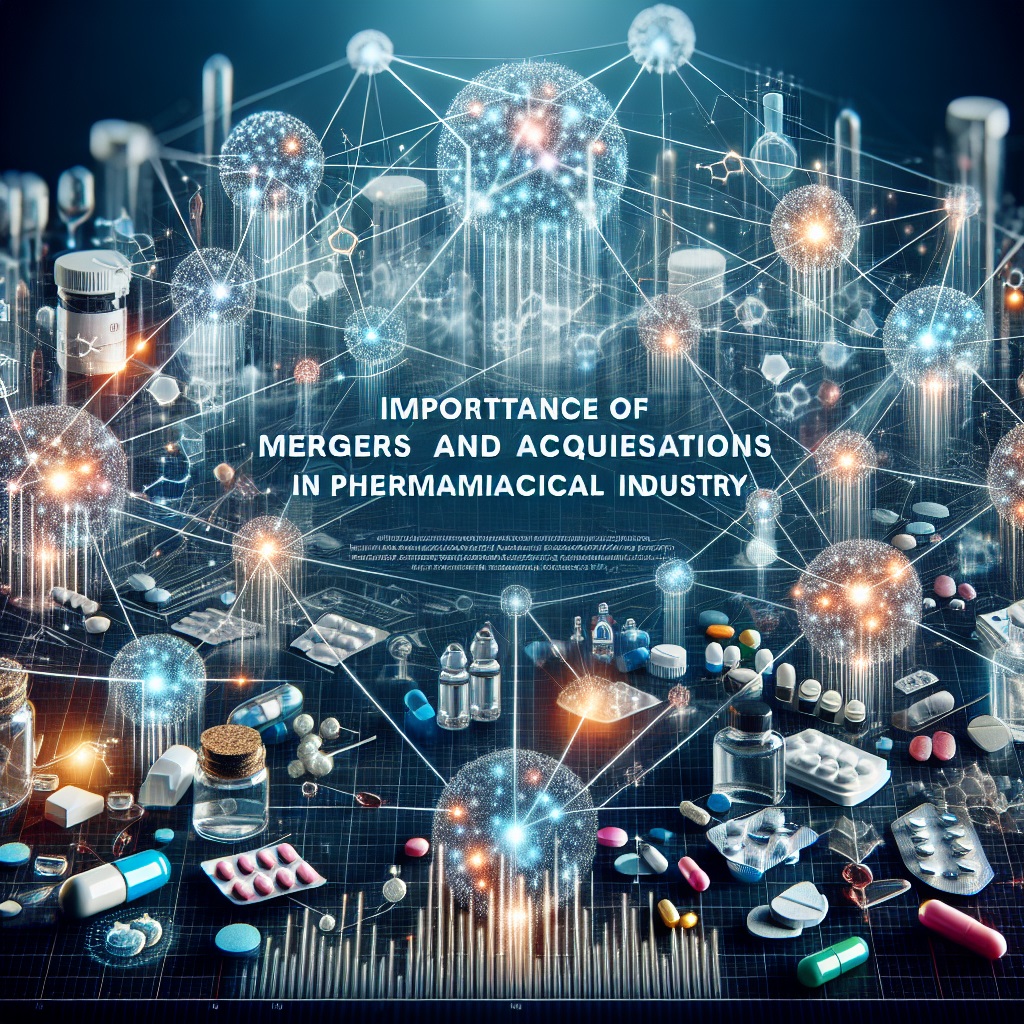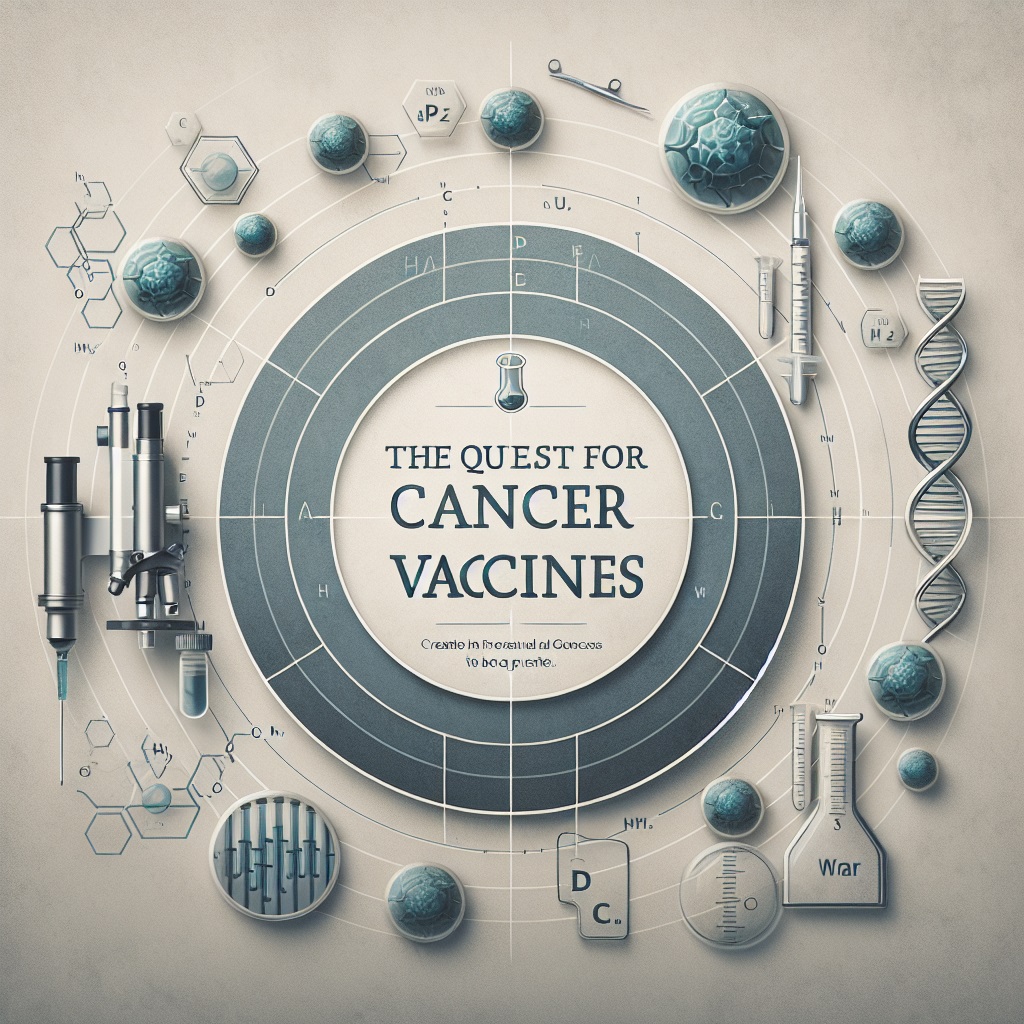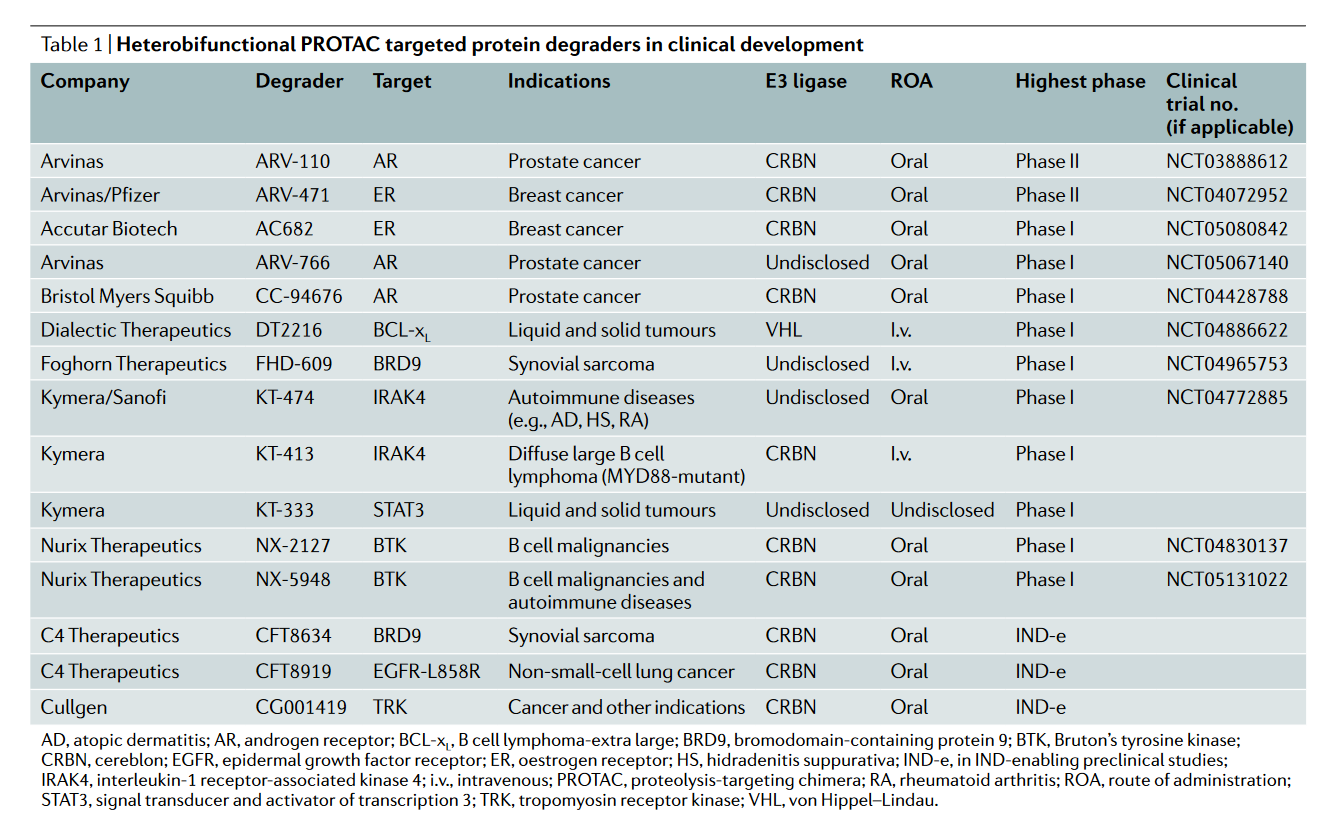Healthcare is a key segment of the $SPX500 occupying ~15% of the total index allocation and on a 10 year times frame it outperformed the index by 0.3% on an annual basis. This sector is now under attack by current US administration, first with the inflation reduction act, and now by attempting to block M&A.
Recently, the Federal Trade Commission (FTC) has expressed opposition to Amgen’s proposed acquisition of Horizon Therapeutics despite their drug portfolio is not overlapping. If successful, this could have devastating consequences for healthcare industry and impact life of millions, including a potential decrease in the number of drugs reaching the market in the future.
Let me explain why M&A are so important for this industry and why FTC is making a big mistake.
Drug discovery
The drug discovery process serves as the foundation of the pharmaceutical industry. It is a lengthy and costly endeavor, typically taking up to 15 years and requiring billions of dollars of investments. This complex journey involves identifying potential drug candidates, conducting preclinical and clinical trials, obtaining regulatory approvals, and ensuring safety and efficacy. Running a full drug discovery program from start to finish is not bringing value to pharmaceutical company due to the risk and costs outweigh the future revenues. As such, pharmaceutical companies rely on the acquisition of smaller biotech, which are specialized in the earlier phase of drug discovery, in order to renovate, expand, and de-risk their drug portfolios. Therefore, pharma evolved from being R&D focus to specialize on clinical development and commercialization, leaving the R&D part to biotech and academic institutions. Below, I describe why pharma need M&As to stay alive.
Innovation
This is where M&As come into play as a catalyst for innovation. Early-stage drug development programs carry significant uncertainties, as it’s difficult to predict the ultimate winners. By acquiring established companies with proven products, pharmaceutical firms can reduce risk and enhance their Sharpe ratio. This strategy allows them to leverage existing successes and expand their innovative potential. M&A enables access to mature companies with valuable intellectual property, cutting-edge research, and a track record of successful drug discoveries, thereby strengthening the overall innovation capacity of pharmaceutical companies.
Economies of Scale
In addition to fostering innovation, M&As in the pharmaceutical industry also yield economies of scale. By merging with or acquiring other companies, pharma firms can streamline their operations, consolidate resources, and achieve greater efficiencies. This includes cutting down on redundant research and development (R&D) efforts, optimizing manufacturing processes, and enhancing distribution networks. Such consolidation and cost reduction efforts result in improved profitability and financial performance.
Portfolio Realignment
Portfolio realignment represents another compelling reason for M&As in the pharmaceutical realm. By acquiring companies with complementary products or services, pharmaceutical giants can strategically expand their product offerings and increase their market share. This diversification strengthens their position in the industry and allows for a more comprehensive and competitive portfolio. It enables pharmaceutical companies to address a wider range of medical needs, seize new opportunities, and adapt to evolving market dynamics effectively.
I am confident the supreme court will understand the danger of this FTC lawsuit and let acquisition to proceed.
Resources:
https://www.mckinsey.com/capabilities/m-and-a/our-insights/a-new-prescription-for-m-and-a-in-pharma





